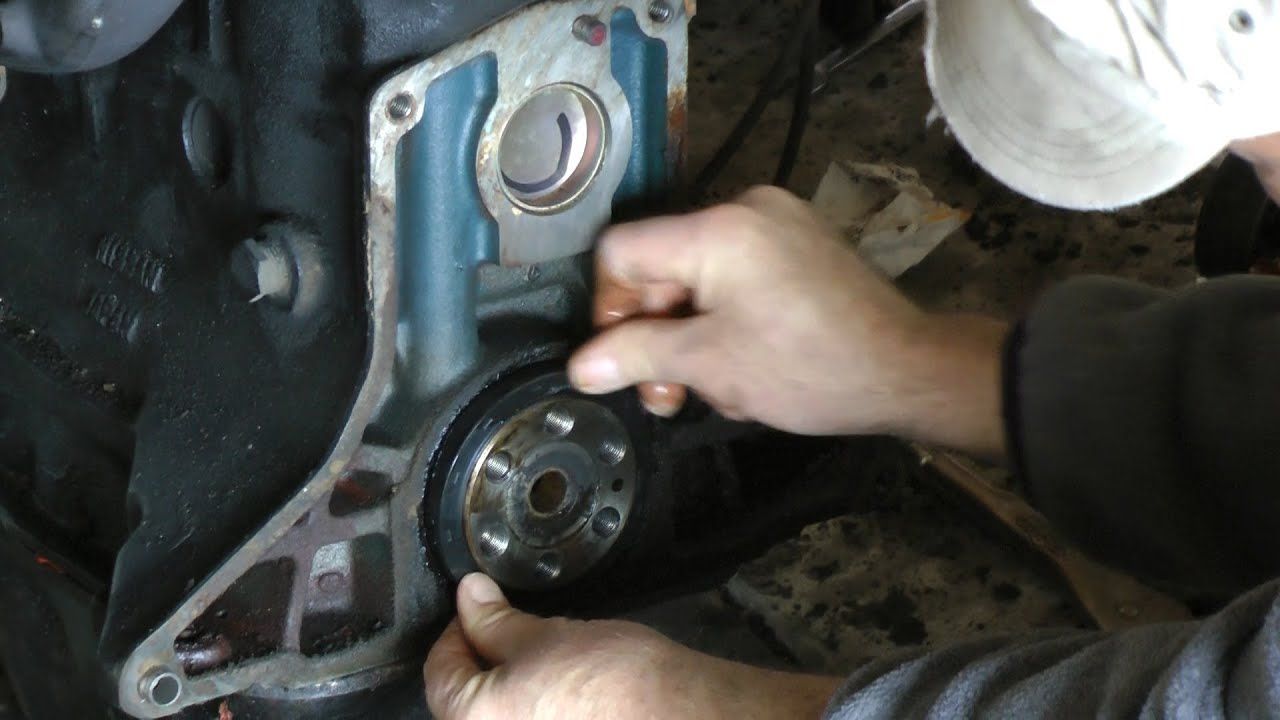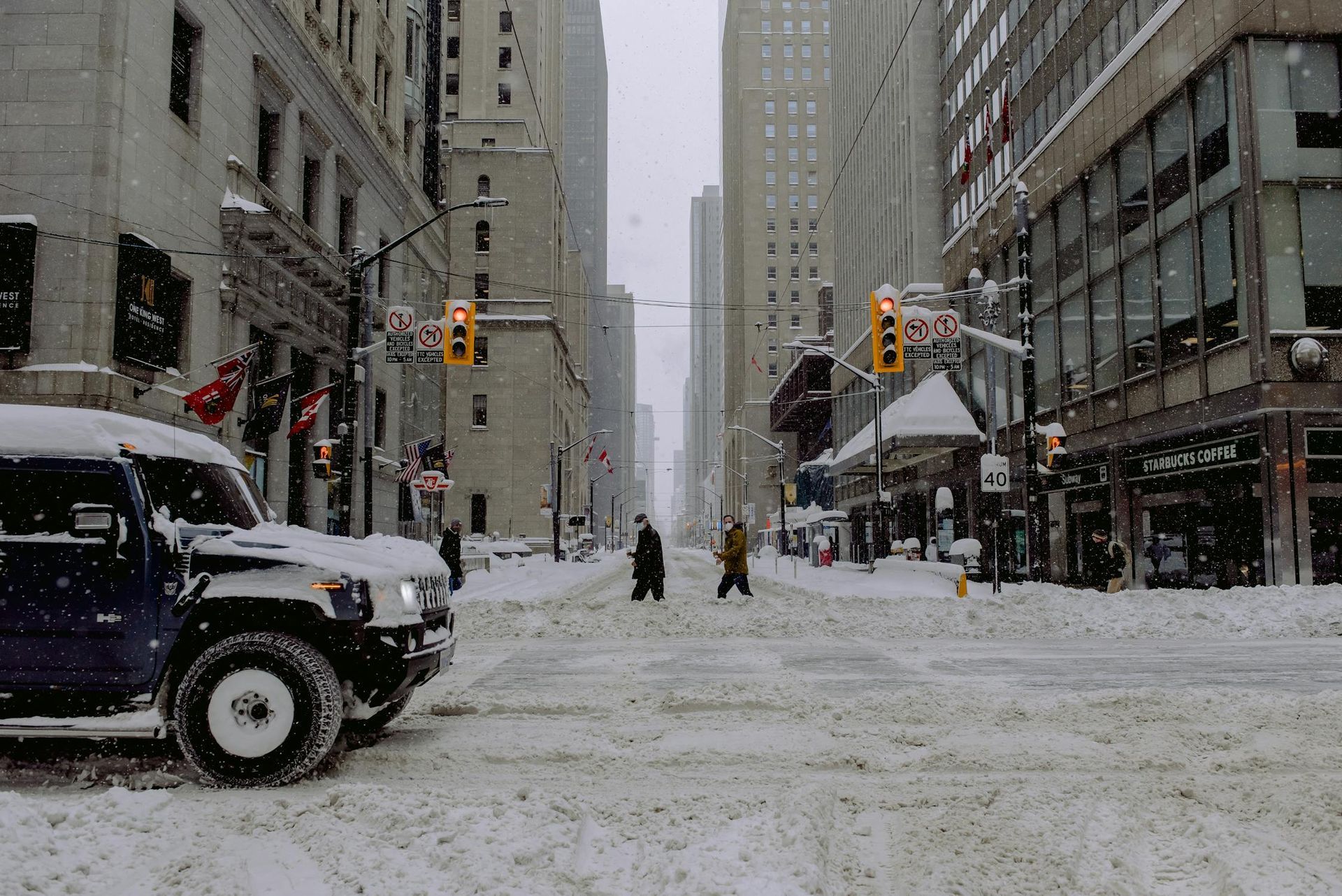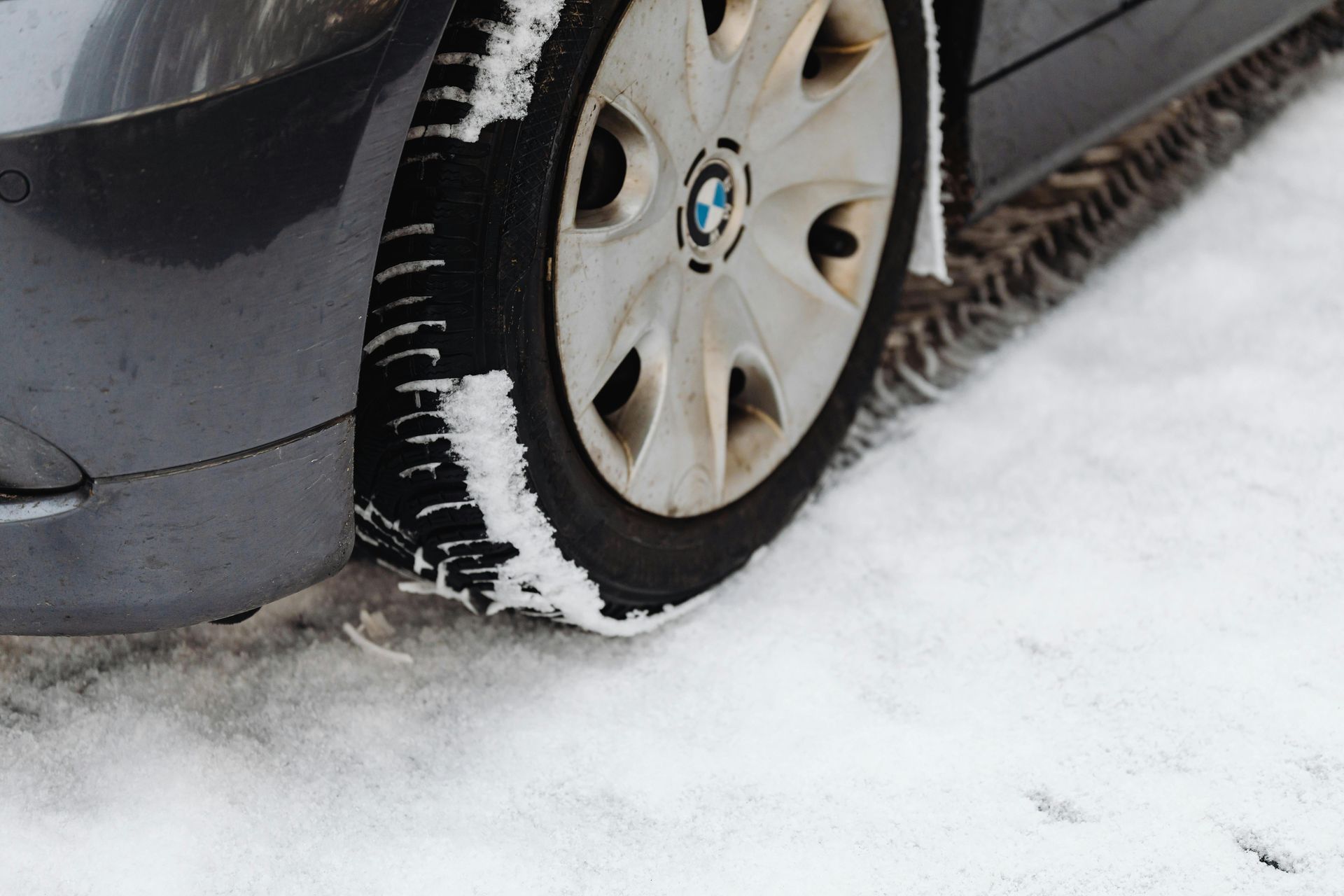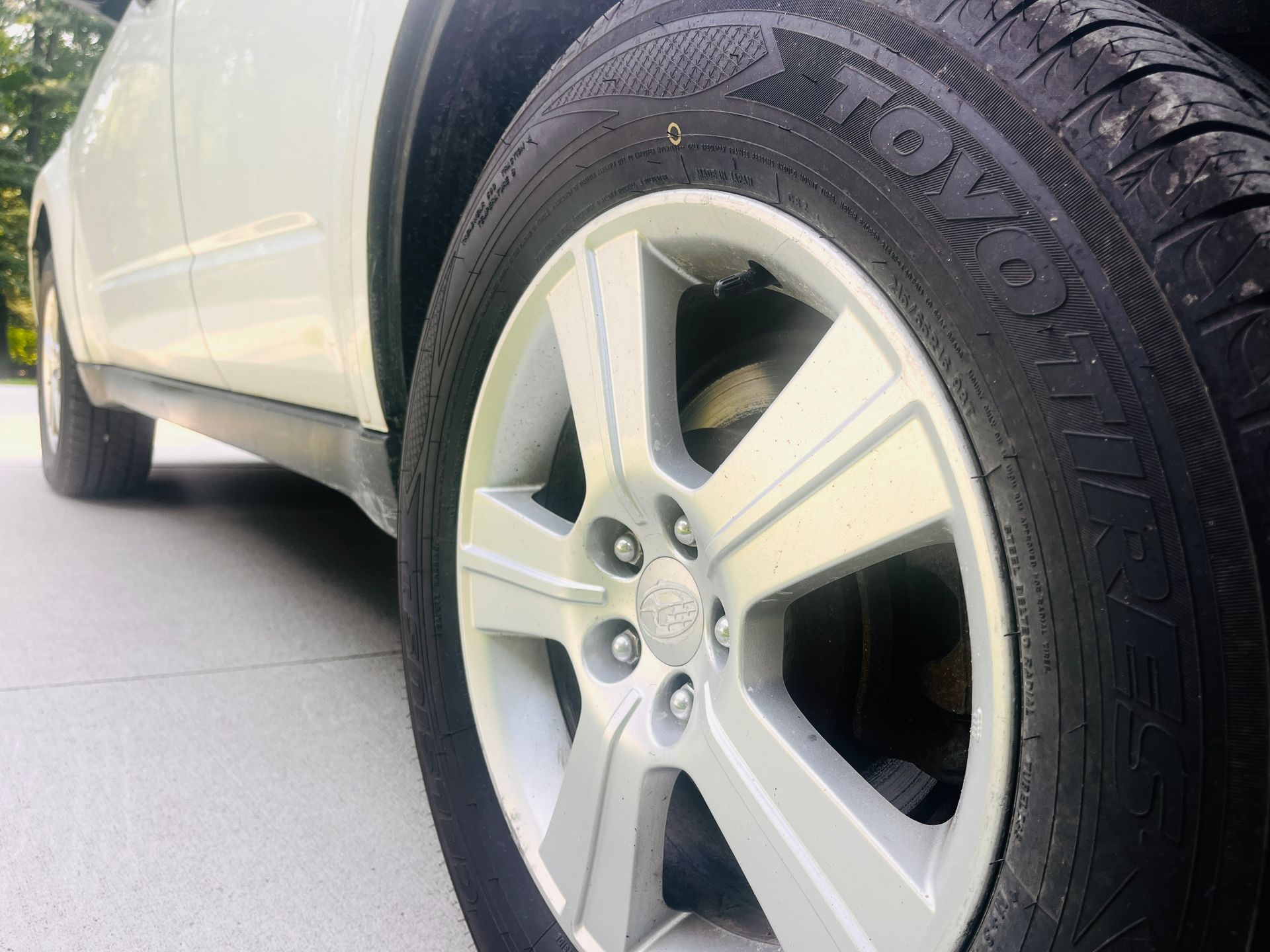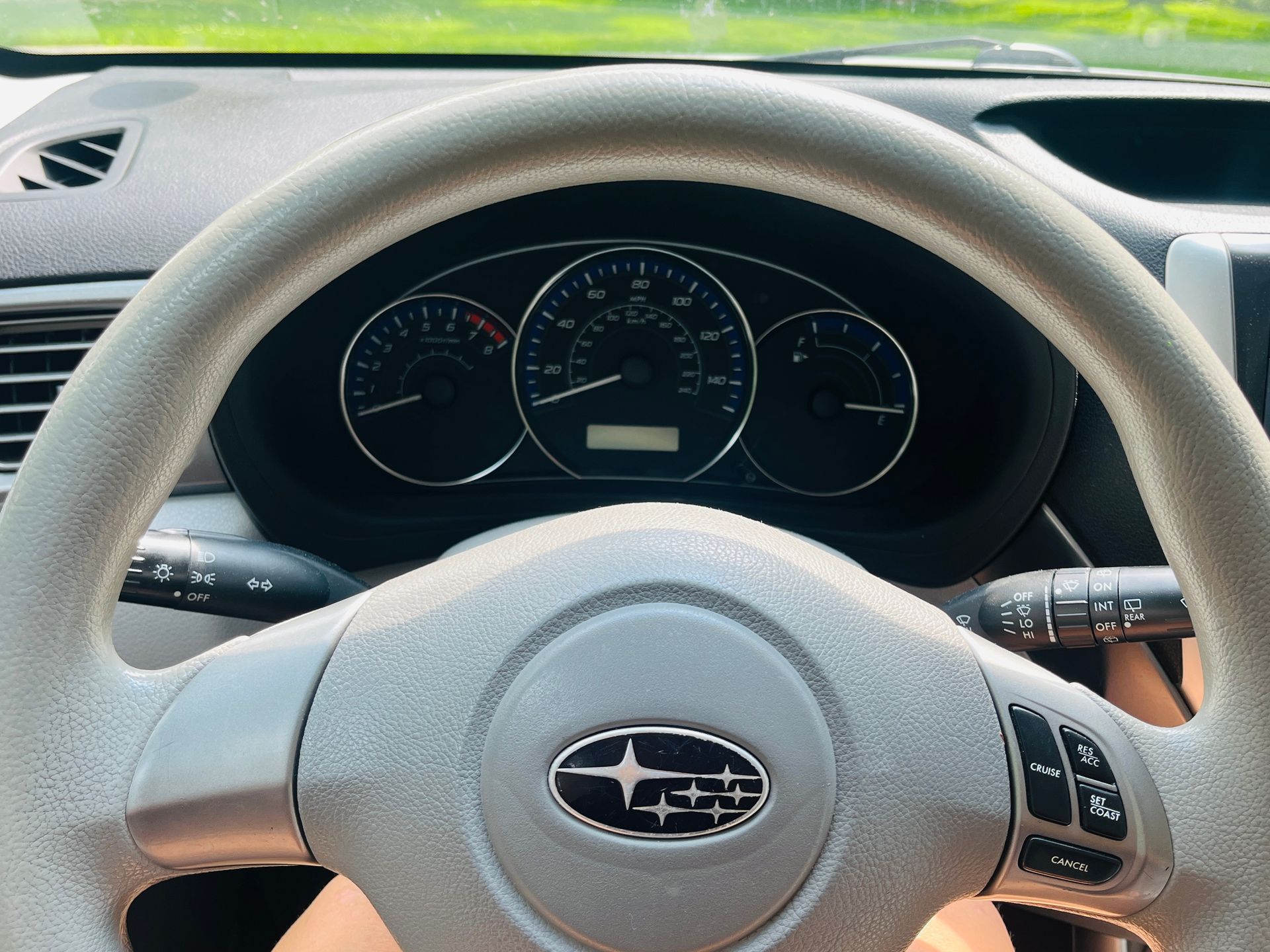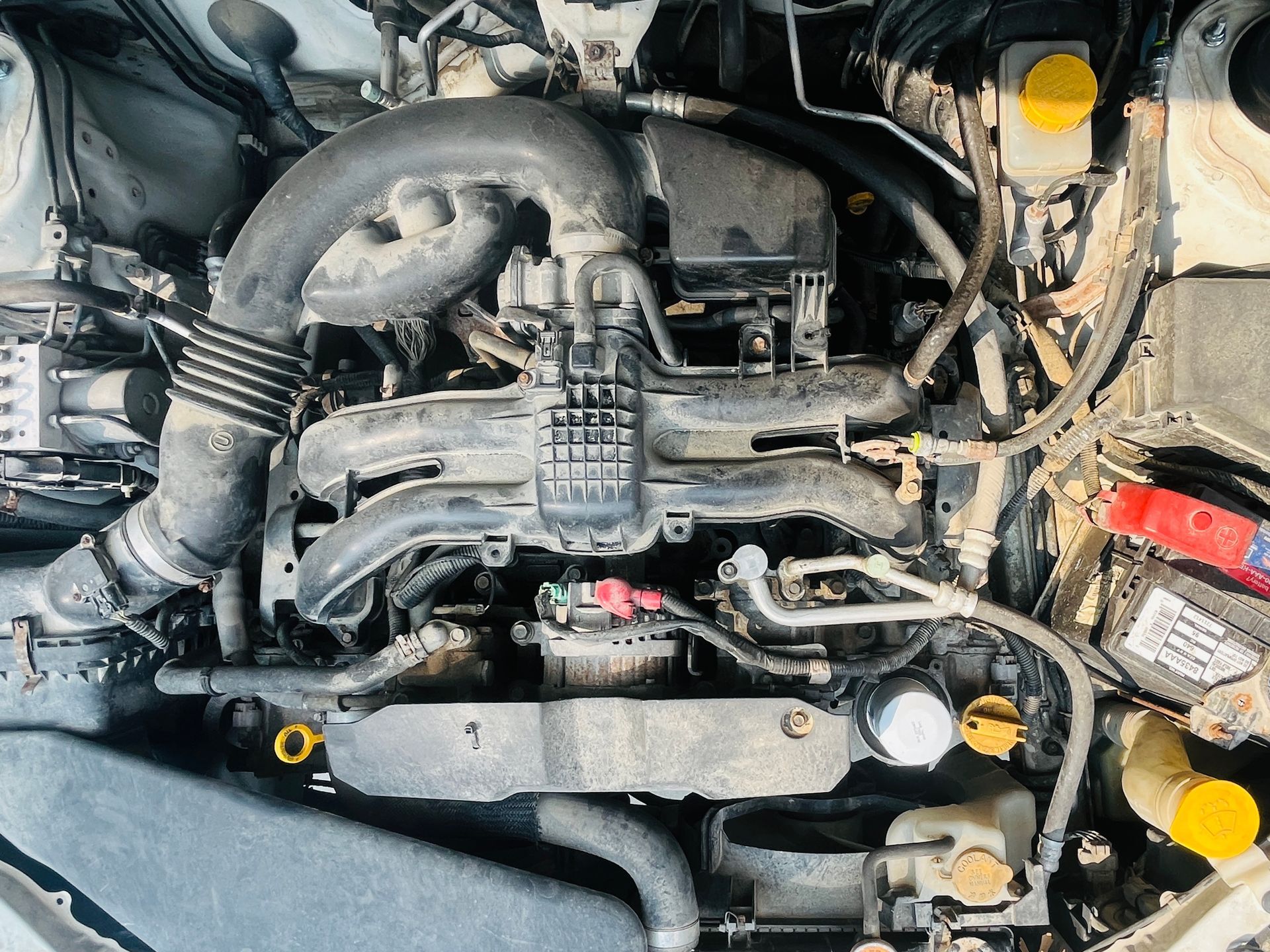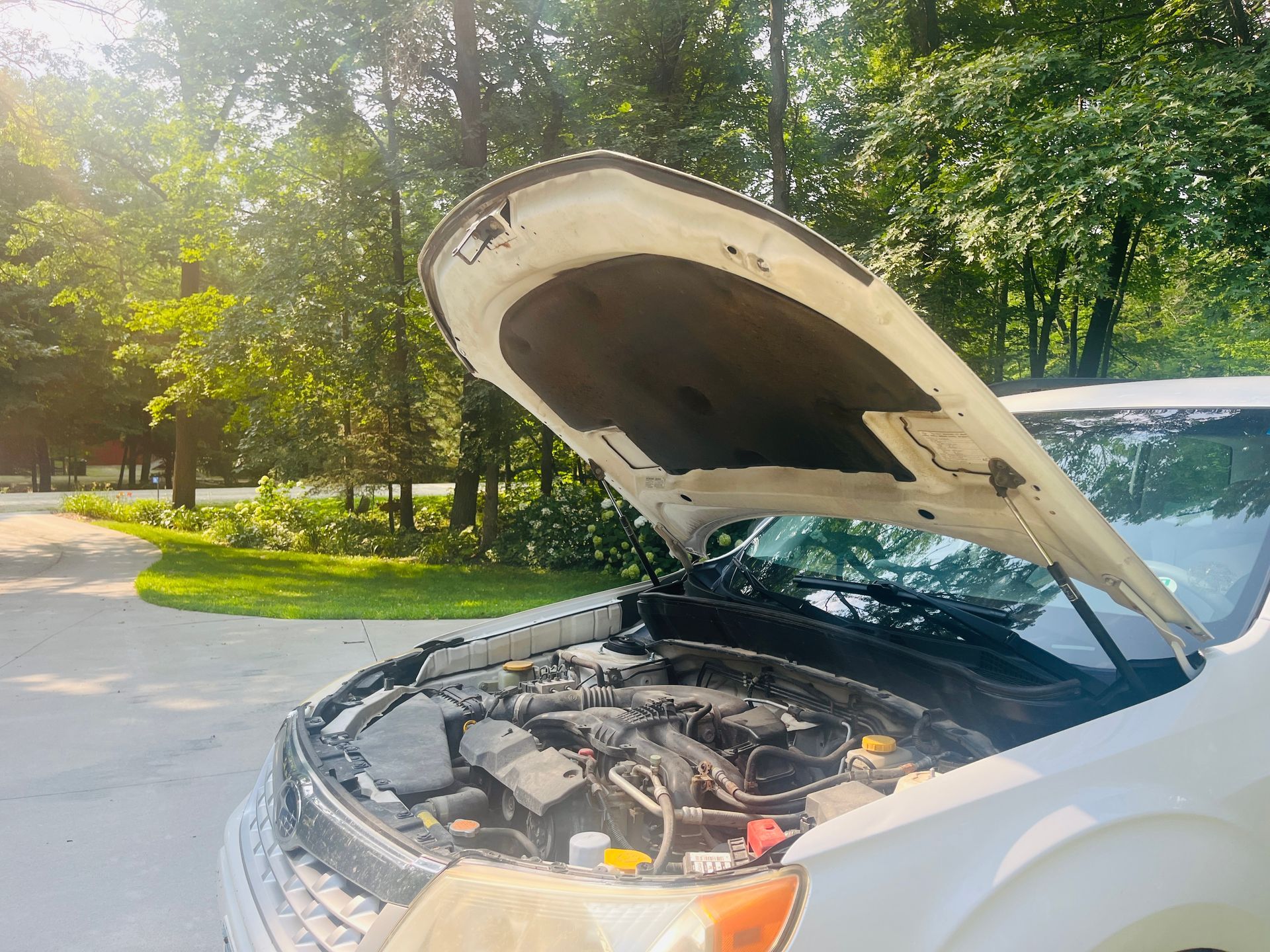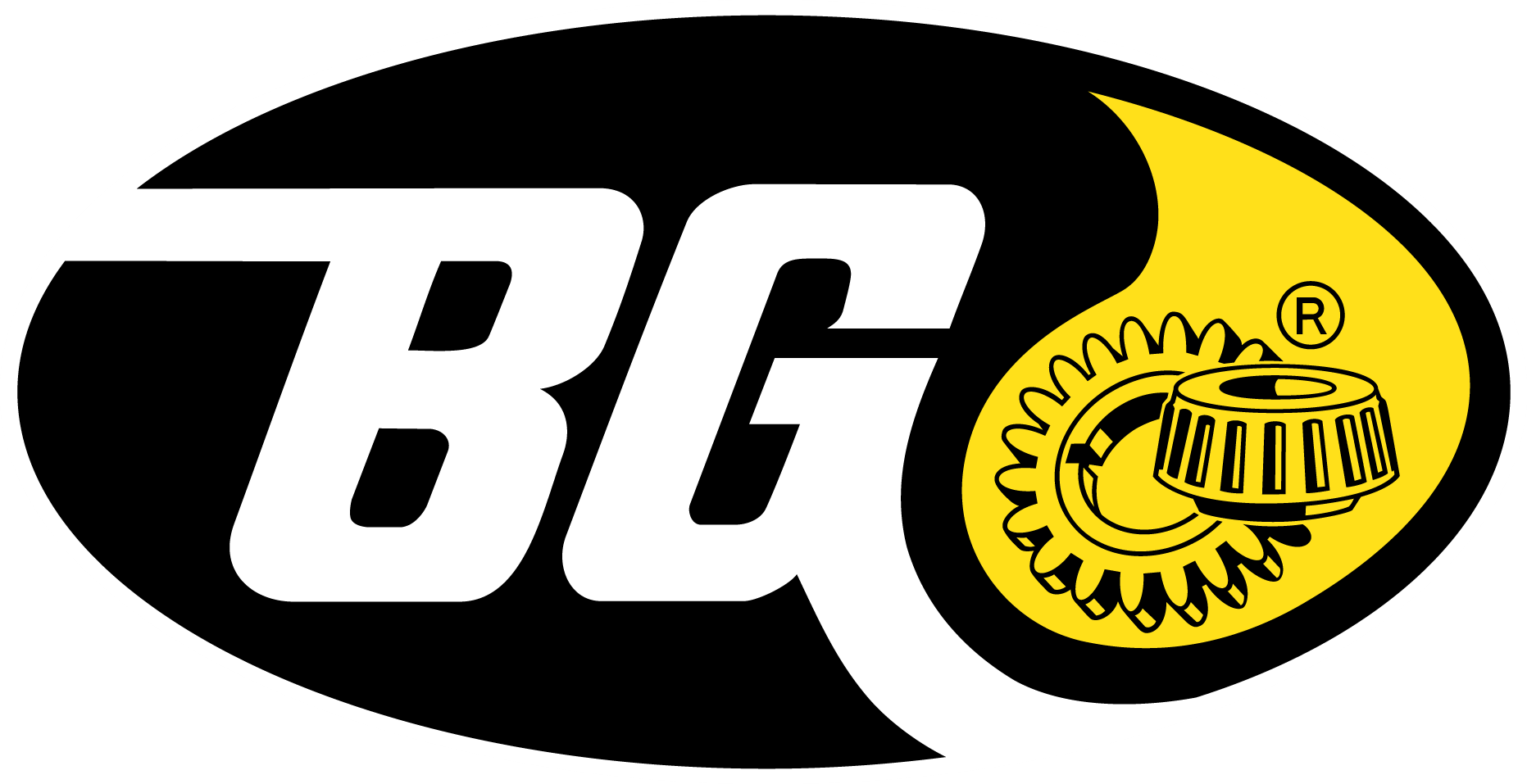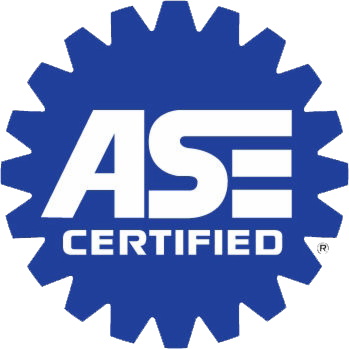Call us: (507) 226-8330
A salty tale of winter roads and rust
November 5, 2015
I used to be a soda-holic … Diet Pepsi was my preferred indulgence. Like any bad habit, I tried to break it several times but it seemed the more I tried, the harder it was … until last January when a stomach ulcer made eliminating my habit easier. You see, when you guzzle down a frosty can of Diet Pepsi and it makes contact with an ulcer, the subsequent pain that follows feels something like pouring salt into a wound (perhaps because you are-soda is full of sodium!). It had me doubled over in pain.
So I did what any smart person would do, I gave up the beverage … for a while. Then in a moment of weakness and fond remembrance of the taste alongside a slice of pizza, I would reunite with my lost friend and pay the consequences. After naively thinking I might be able to resume my habit, I did this quite a few more times-more than I would like to admit and with the same result. Alas, 10 months later, I can finally say I am soda-free! It's water for me from here on out, such a refreshing, healthy, alternative!
Perhaps my victory over soda is of little interest to you. But what might be intriguing is how salt affects your vehicle. That's right, my friends, we are approaching salt season! I drove past MN DOT the other day and saw the mounds and mounds of salt ready for our wintry roads that lie ahead. As you know, after snow or ice storms, our faithful salt trucks hit the pavement and spread a salt/sand mixture after plowing. Salt lowers the water's freezing point, thereby melting ice already formed while the sand helps to keep the salt in place and adds traction to the wet and slushy roadways.
Though the obvious benefits of salt on our streets are great, there are drawbacks. Namely the havoc it wreaks on our vehicles. Have you ever considered the problems it causes? What complications it might pose to your mechanic? How much extra time and money due to extra vehicle service it might cost you? And how might you prevent its effects on your vehicle-to a degree at least?
Certainly, if you have a brand new vehicle with a lovely paint finish and pristine metal parts under your vehicle, this article isn't for you, right? Wrong. The effects take time to see but you can be sure that the moment "salt season" arrives the process will begin. If you want your pretty finish to stay that way, you must take steps to protect it.
And what of the parts of your vehicle that you can't see? The undercarriage, which is full of metal components, is exposed to the elements. As you drive over the wet, salty roadways, that mixture is sprayed up onto your vehicle's pristine parts and slowly, over time, begins to corrode any metal it can get its salty hands on … exhaust and muffler systems, coil springs, nuts/bolts, the frame of the vehicle, etc. If left unattended, rust can lead to safety issues as it eats through metal components of your vehicle. So it's crucial to get timely checkups of the underside of your vehicle and do maintenance on schedule.
Besides premature repairs that may be needed on your vehicle, can you imagine the difficulties this might pose to the mechanic servicing it? If your vehicle is being serviced in the winter months, your mechanic will lift it on a hoist above his head. As he is inspecting or performing service on it, he will likely be dripped on by the nasty salt/sand water solution if there is a recent snow. If there hasn't been and the underside is dry, there may be caked on salt. In either case, or if the vehicle has had salty exposure in the past, likely there will be varying degrees of rust. There are times rust can cause more expensive repairs because of the time it may add-bolts are more difficult to remove, replacing fuel and brake lines and seized up brake parts is tricky, performing alignment adjustments can be extra complex, etc.
I suppose this is like when a doctor performs a surgery but when he/she opens the patient up, other problems are found that could not be forecasted before the procedure. The situation needs to be assessed and likely, the cost will increase. Similarly, based on extra time and parts needed, the cost may increase on the repair of your vehicle. Often times, an experienced mechanic will account for this possibility when giving you a job estimate if the vehicle has been assessed but problems rust creates cannot always be predicted. This is one of the reasons certain repairs cost more in the "Salt Belt" of our country (the Northeast and Midwest states) compared to the states that don't experience the winters and salty roadways that we do.
Additionally, there are times, during manufacturer recall situations when the recall will only be for states within the Salt Belt.
Besides moving south, what might you be able to do to limit the effects of salt on your vehicle?
*If you want to maintain the integrity of the lovely finish your vehicle has, protect it with wax and sealant products before the first snowflakes begin to fall. Your vehicle is a big investment, protection of the exterior will help it look better longer and may even help in resale when you get to that point.
*Wash your vehicle every 10 days or less. Find a car wash that will wash the underside of your vehicle and that does not use recycled water; recycled water will not eliminate all the salt it's washing off other cars from being sprayed onto yours. Dry it thoroughly, ensuring that you get all of the crevices-open doors and trunks and dry all edges.
*Avoid driving through deep snow as it can become packed into the undercarriage components of your vehicle and contribute to corrosion and even cause drivability problems.
*Once rust visually appears, it will only get worse. If you have it addressed at a body shop at the first sign, you'll hinder its ability to get out of control and affect more areas of your vehicle.
*And of course, be understanding with your mechanic. They are great people who devote their lives to keeping you safe on the roads, they work in the cold, get dripped on by all sorts of nasty gunk and sometimes it takes them more time to take care of your vehicle when rust is present.
As you prepare to endure the inclement weather to come, may you take care of your vehicle and strive to be rust-free.
Jeana Babcock

